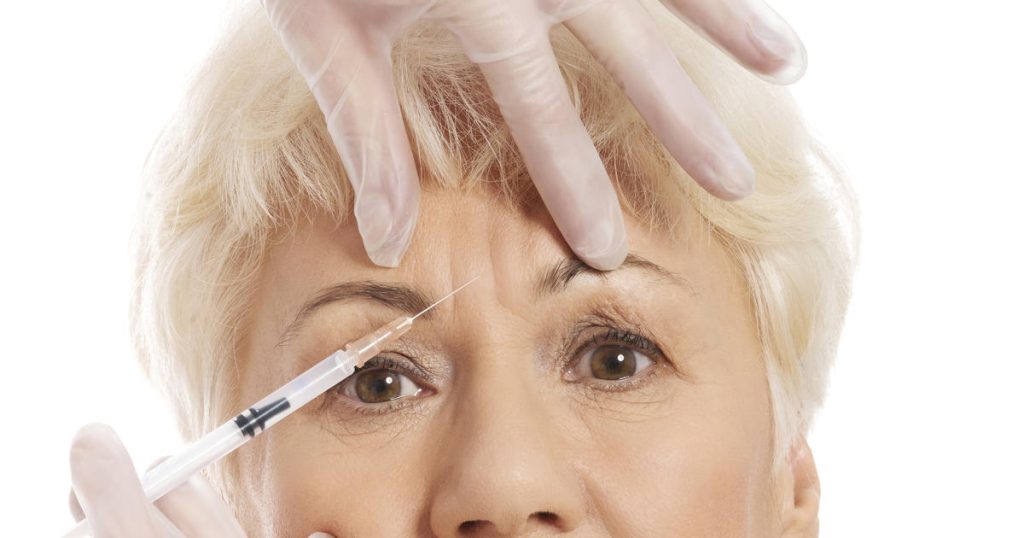Doctors are warning about a popular cosmetic procedure known as Barbie Botox, which has been linked to an outbreak of botulism-like illnesses in several U.S. states. Federal officials, including the FDA, are working to determine the source of Botox injections, some of which may be counterfeits, that have sickened at least six people in Illinois and Tennessee. The Tennessee Department of Health reported four cases of botulism-like symptoms, including hospitalizations, after possible counterfeit injections, while Illinois health officials are warning medical providers to be vigilant for similar cases. The CDC stated that the botulinum toxin injections, commonly known as Botox, were administered in “non-medical” settings with unknown or unverified product sources.
AbbVie and Allergan Aesthetics are the only authorized suppliers of Botox, with recent reports suggesting that potential botulism cases involved product suspected to be counterfeit. Allergan, the FDA-approved manufacturer of Botox, has confirmed the security of its supply chain and the safety, quality, and efficacy of its products. Botox, approved for cosmetic use over 20 years ago, is a popular drug used to smooth wrinkles and maintain a youthful appearance, with injections costing around $530 on average. The effects of a Botox shot typically last three to four months, requiring additional shots to maintain the desired appearance.
Botulism is a serious illness caused by a toxin that can be transmitted through food or untreated wounds, with infants being susceptible to a form of the illness as well. Iatrogenic botulism, caused by excessive exposure to the botulinum toxin, is rare but can occur after cosmetic or therapeutic injections. Health experts emphasize the importance of receiving FDA-approved products administered by licensed providers to avoid adverse effects. The FDA has urged individuals experiencing any adverse effects from Botox injections to report them through the MedWatch reporting program. In the past, federal officials have cracked down on unregulated Botox and other cosmetic treatments, intercepting shipments of such fillers from various countries.
Overall, the prevalence of Barbie Botox and related procedures has raised concerns among health officials due to the outbreak of botulism-like illnesses linked to possible counterfeit injections. It is crucial for individuals seeking cosmetic treatments like Botox to ensure they are receiving products from authorized suppliers and licensed providers to prevent adverse effects. The safety, quality, and efficacy of approved Botox products should be confirmed before undergoing any cosmetic procedures. Health experts recommend reporting any adverse effects to the FDA to help investigate and prevent similar incidents in the future.
In conclusion, the increase in popularity of cosmetic procedures like Barbie Botox has led to federal officials investigating an outbreak of botulism-like illnesses in several states. The need for caution when receiving Botox injections is emphasized, with warnings about counterfeit products and unauthorized providers being issued by health officials. It is essential for individuals considering cosmetic treatments to research and ensure they are receiving FDA-approved products from legitimate sources to avoid potential adverse effects. Proper reporting of any adverse effects is crucial for monitoring and addressing issues related to cosmetic procedures, ultimately promoting safety and quality in the industry.


